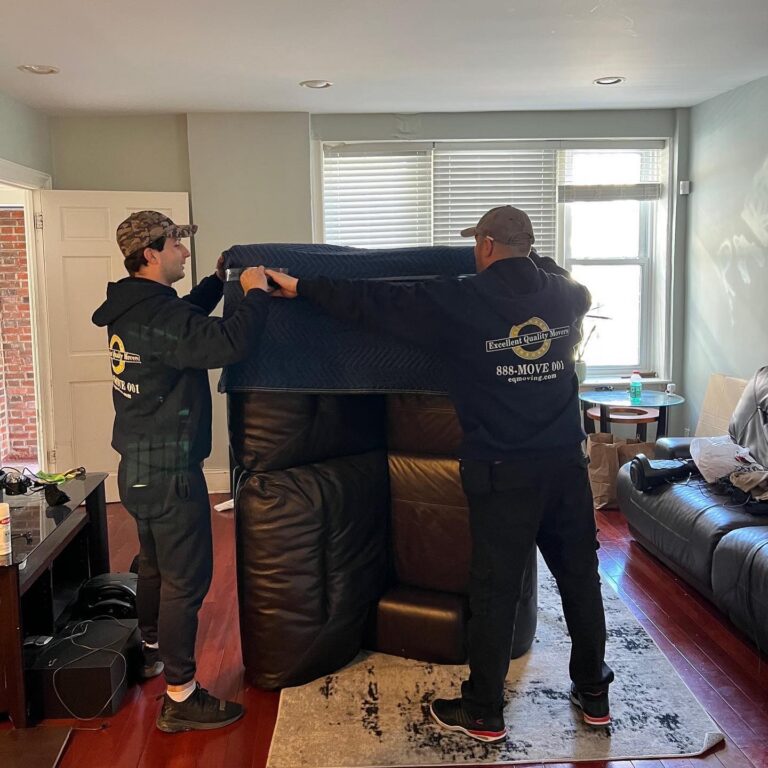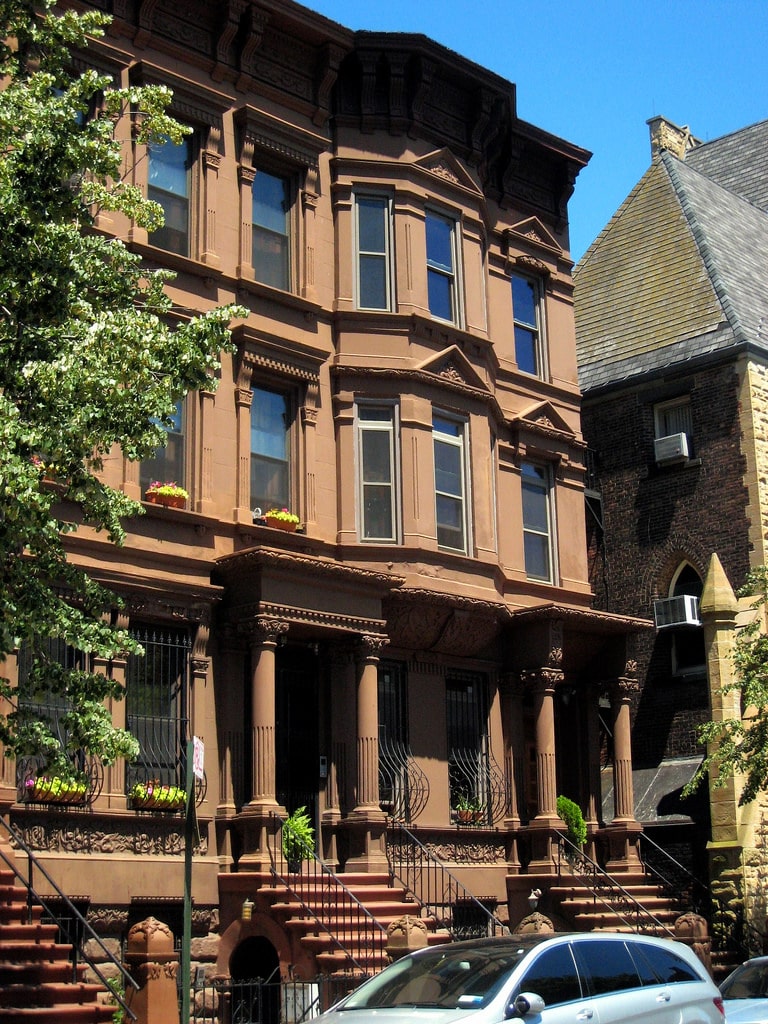Last month New York State approved a package of new rent laws. The changes are expected to give new stronger protection to the renters in New York City.
NYC has more than 8 million residents. And about 65 percent of them – an estimated 5.4 million people – are renters. Here’s what changed this June for them and you, if you rent your place in the city. Overall, the new laws were designed with the thought of keeping the rental units affordable, and the rental market stable.

What you need to know if you rent in NYC
The 74-page document approved by the state covers such topics as security deposits, application fees, evictions, and more. We prepared for you the short summary of the most important changes that you need to be aware of if you rent or about to rent in New York.
Security deposit
Security deposit from now on is limited to one month’s rent. If you ever looked for an apartment in New York, you probably heard a ‘first and last month, security deposit, and real estate fee’. Which usually came up to a hefty amount. Landlords now have absolutely no right to ask for more than one month’s rent worth in security deposit.
Also, the security deposit must be returned to the tenants within 14 days of them moving out of the unit. It also has to come with an itemized statement regarding any deductions made by the landlord.
Additionally, application fees, including fees for a background check, are now limited to $20.
Rent increase and lease renewal
Landlords are now required to notify tenants if they are planning to increase the rent by more than 5 percent. Tenants also have to be notified if the landlord doesn’t intend to renew a lease. The new laws regulate the time frame in which the notice has to be given. And it goes by how long the tenant has been renting the unit. A 30-day notice is required if a tenant has a lease of less than one year. If renters have lived in an apartment for more than one year, but no more than two, a 60-day notice is mandatory. The same goes for renters who have a lease of more than one year, but less than two. And lastly, renters who have lived in a unit for more than two years, or have a lease of at least two years, must get a 90-day notice.
Eviction
Probably the most important change in the rent laws – the new level of protection of a tenant facing eviction. A judge may decide now to give a tenant up to one year (instead of six months in the years before) to leave the unit if the tenant can’t find a similar place of residence in the same neighborhood after a reasonable search. In addition, the court must consider how an eviction will affect a tenant’s health condition, and more importantly, child’s enrollment in a local school.
Furthermore, illegal evictions are now considered misdemeanors and will be punishable by civil penalties between $1,000 and $10,000 per violation.
Extra points
Tenants now have 30 days – instead of ten – to fix lease violations. The practice of landlords and rental agencies sharing the information about any troublemaking, unwanted renters would be banned now.
Also, if a tenant breaks a lease and moves out, a landlord is now obligated to try to rent the apartment to someone else for the fair market price. This makes it harder for owners to keep a unit vacant and charge the tenant for the remainder of the lease.
Overall, the new rent laws give New Yorkers ‘the strongest tenant protection in history’, as said in the joint statement of the Senate majority leader Andrea Stewart-Cousins and the Assembly speaker Carl E. Heastie.








